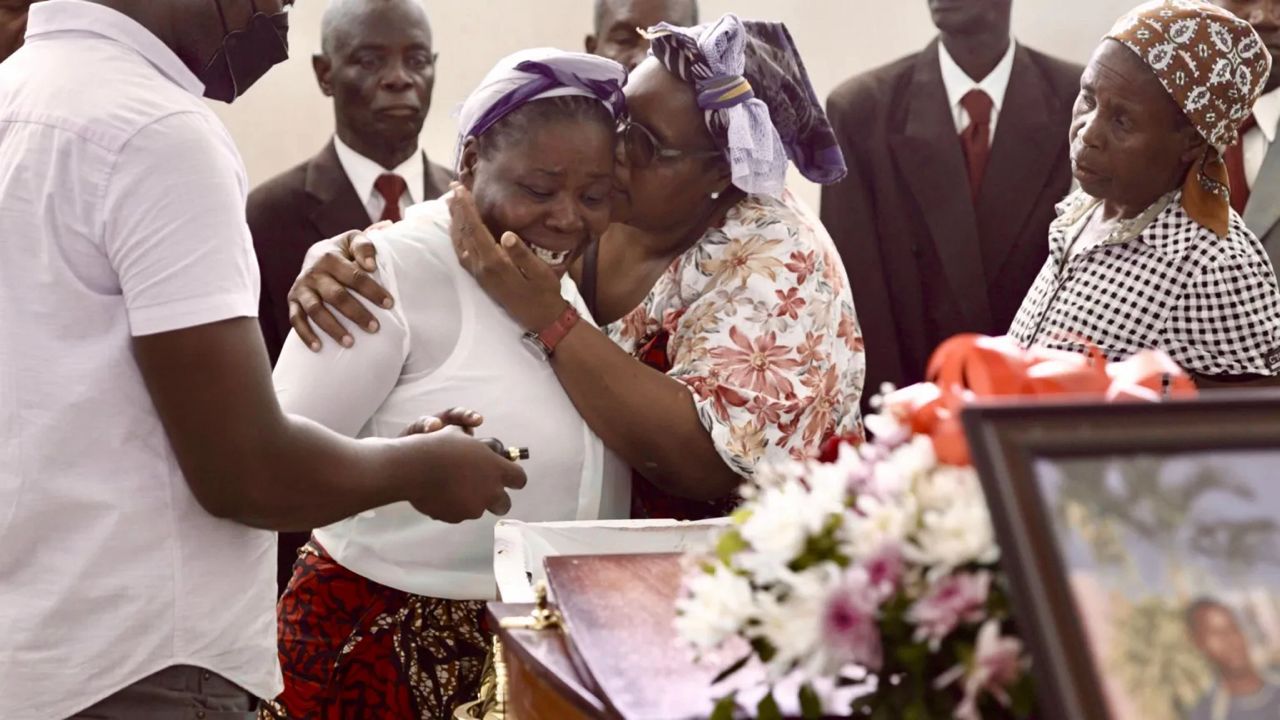Adapting to new challenges in the justice system, including the humane and just treatment of lesbian, gay, bisexual, transgender, queer/questioning, intersex and other, (LGBTQI+) individuals was highlighted at the Correctional Services’ Peer Interaction Training Workshop at Walvis Bay.
This five-day workshop, which started yesterday, brought together correctional services’ officers in charge from Namibia, Angola, Eswatini, Zambia and Zimbabwe.
“The issue of the LGBTQI+ is an emerging issue. We are well aware that it is a community that we have to handle in a way that is quite new to the correctional service,” said Namibia’s deputy commissioner general of Correctional Operations Sam Shaalulange at the opening of the event.
He outlined the balancing act facing prisons: “On one side you have to make sure that LGBTQI+ inmates are also protected as a vulnerable group, and on the other side, the protection might also impact their rights because you have to, for instance, isolate them from others, and for them, staying isolated is also not a good thing.”
With an inmate population of about 4 900 across 14 correctional facilities, Namibia’s correctional system is “not yet overcrowded”, with a capacity of around 5 400 beds.
According to Shaalulange, this relative space provides an opportunity to address LGBTQI+ issues more comprehensively than might be possible in more burdened systems.
Shaalulange emphasised the delicate nature of finding solutions that would serve both the correctional service and the LGBTQI+ community without impinging on the security of the facilities.
“The solution will be one where we are also not impacting the security of our facilities, so that balance will be the best. And that means policies to be established or developed that will serve the correctional service, as well as this community in the best way that we can.”
The workshop is not only a platform for tackling LGBTQI+ challenges but also a forum for discussing other pressing issues such as violent extremism, radicalisation, gangsterism, drug-related offences and the complicity of officers in institutional incidents.
The workshop’s curriculum is extensive, covering topics such as the management of correctional facilities, working with female offenders and human rights approaches to correctional management.
According to Erongo governor Neville Andre, the event marks a significant step for Southern African Development Community (SADC) countries to harmonise policies and procedures, aiming to improve the safety, security and the rehabilitation of inmates across member states.
“Research has shown that rehabilitation programmes have proven to be effective in reducing recidivism rates and promoting successful reintegration into society. However, it is not enough to implement these programmes in isolation within our own countries. We must strive for collaboration and cooperation among all SADC members to ensure that similar rehabilitation initiatives are implemented across the region,” he said.
Stay informed with The Namibian – your source for credible journalism. Get in-depth reporting and opinions for
only N$85 a month. Invest in journalism, invest in democracy –
Subscribe Now!






